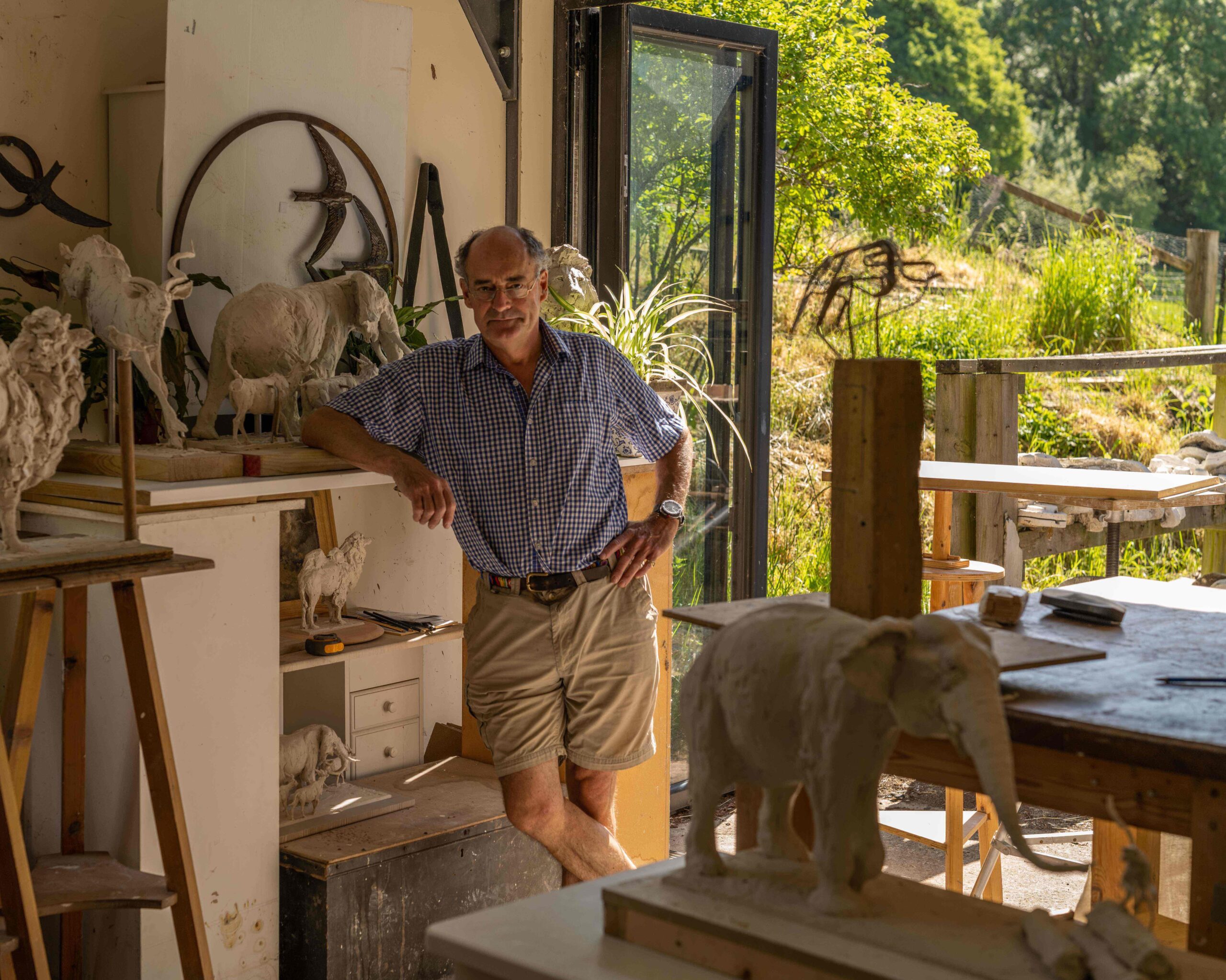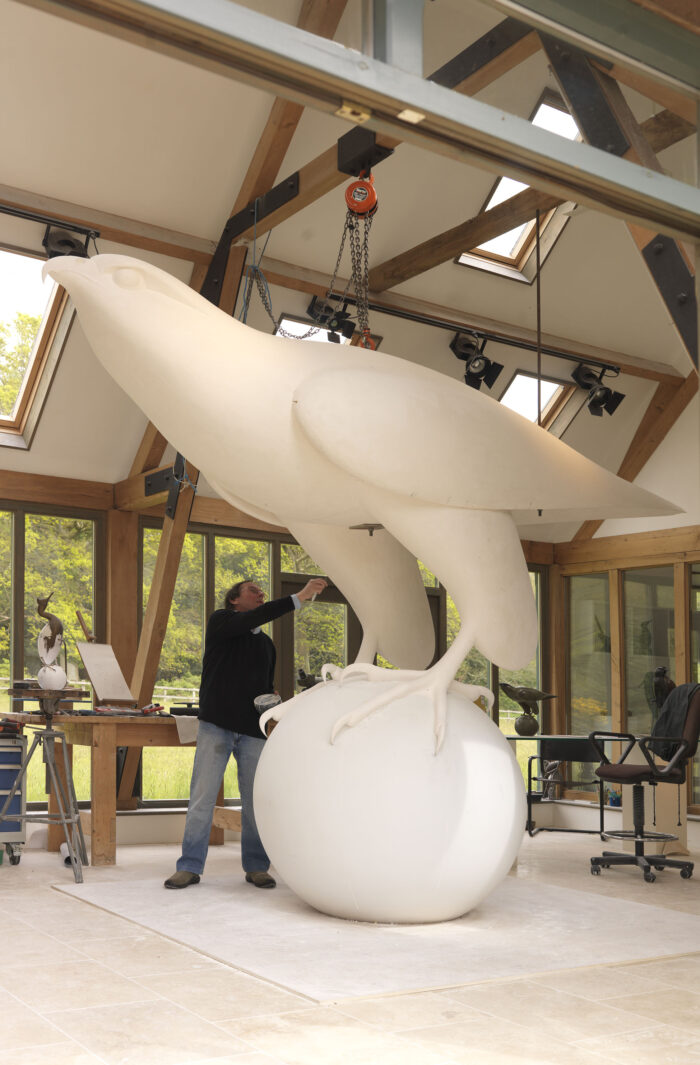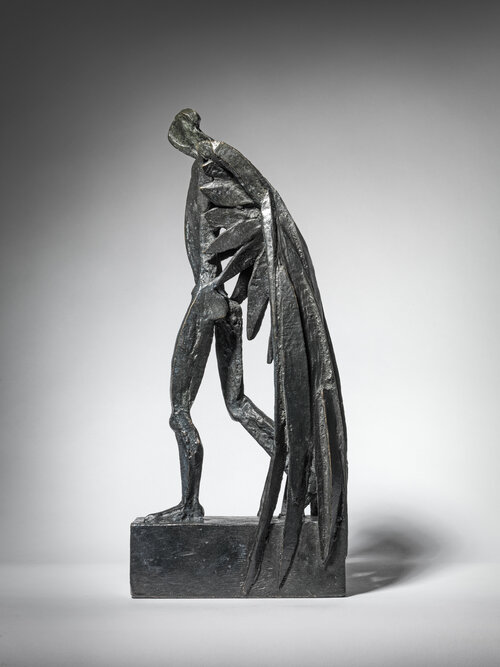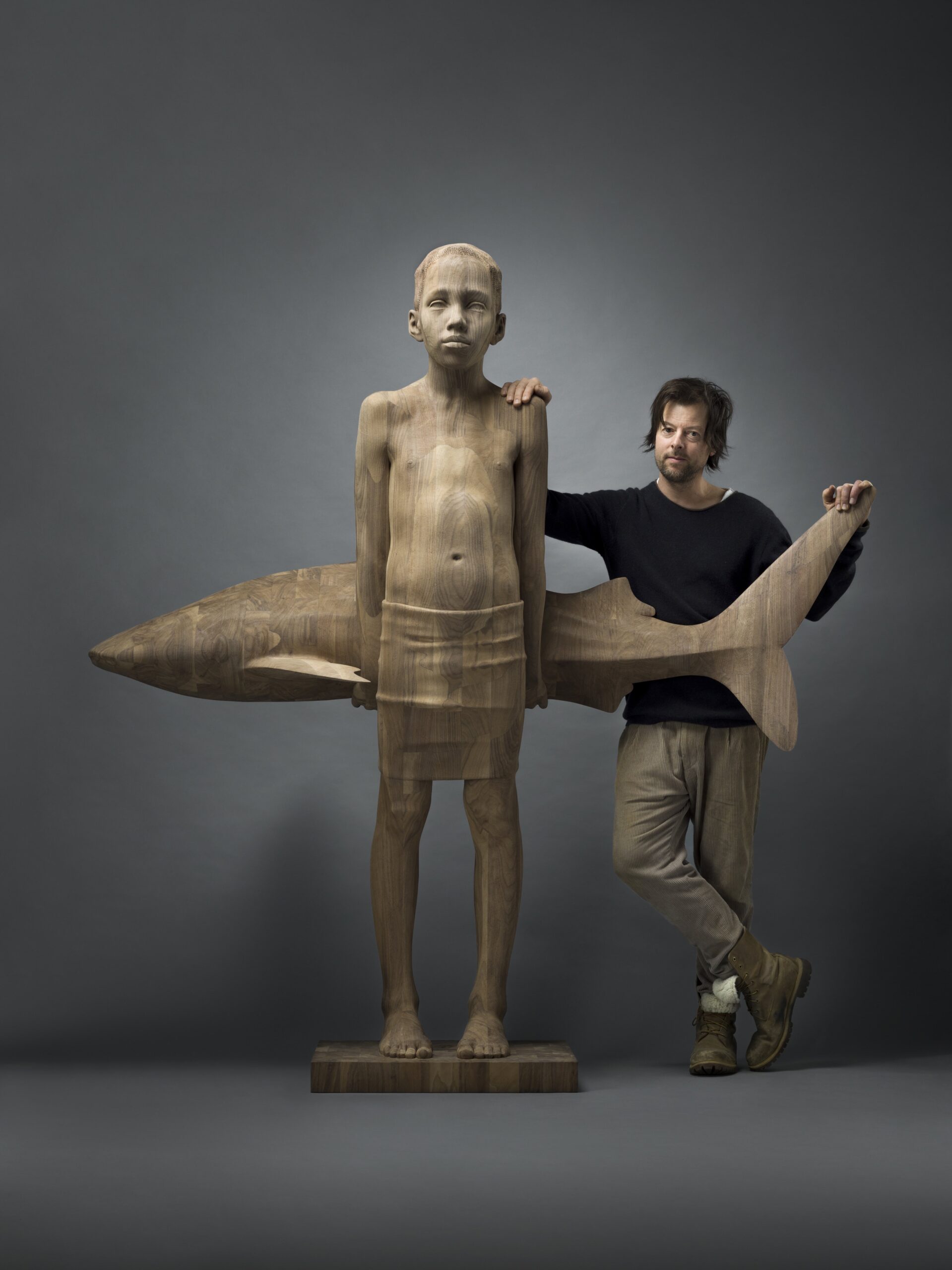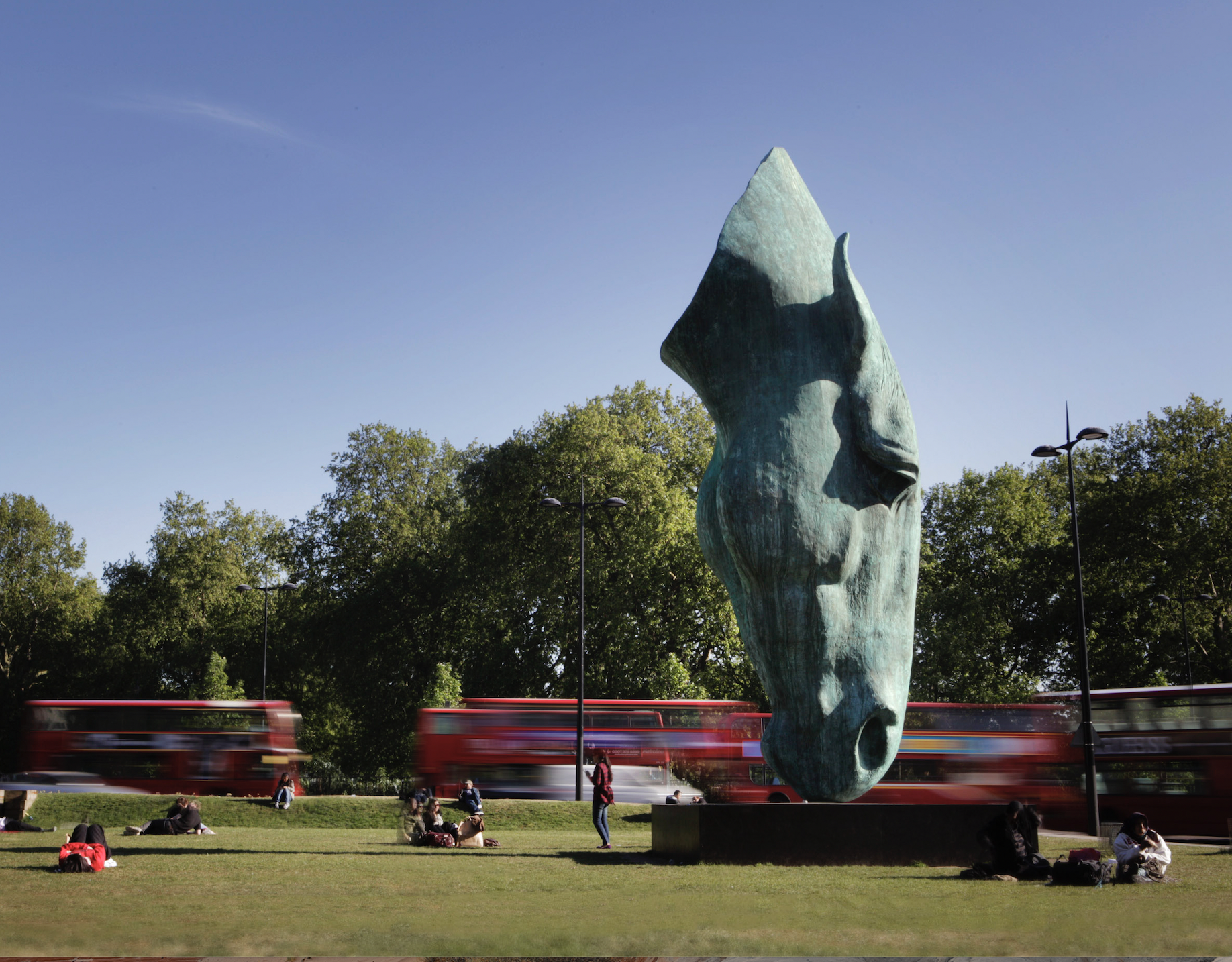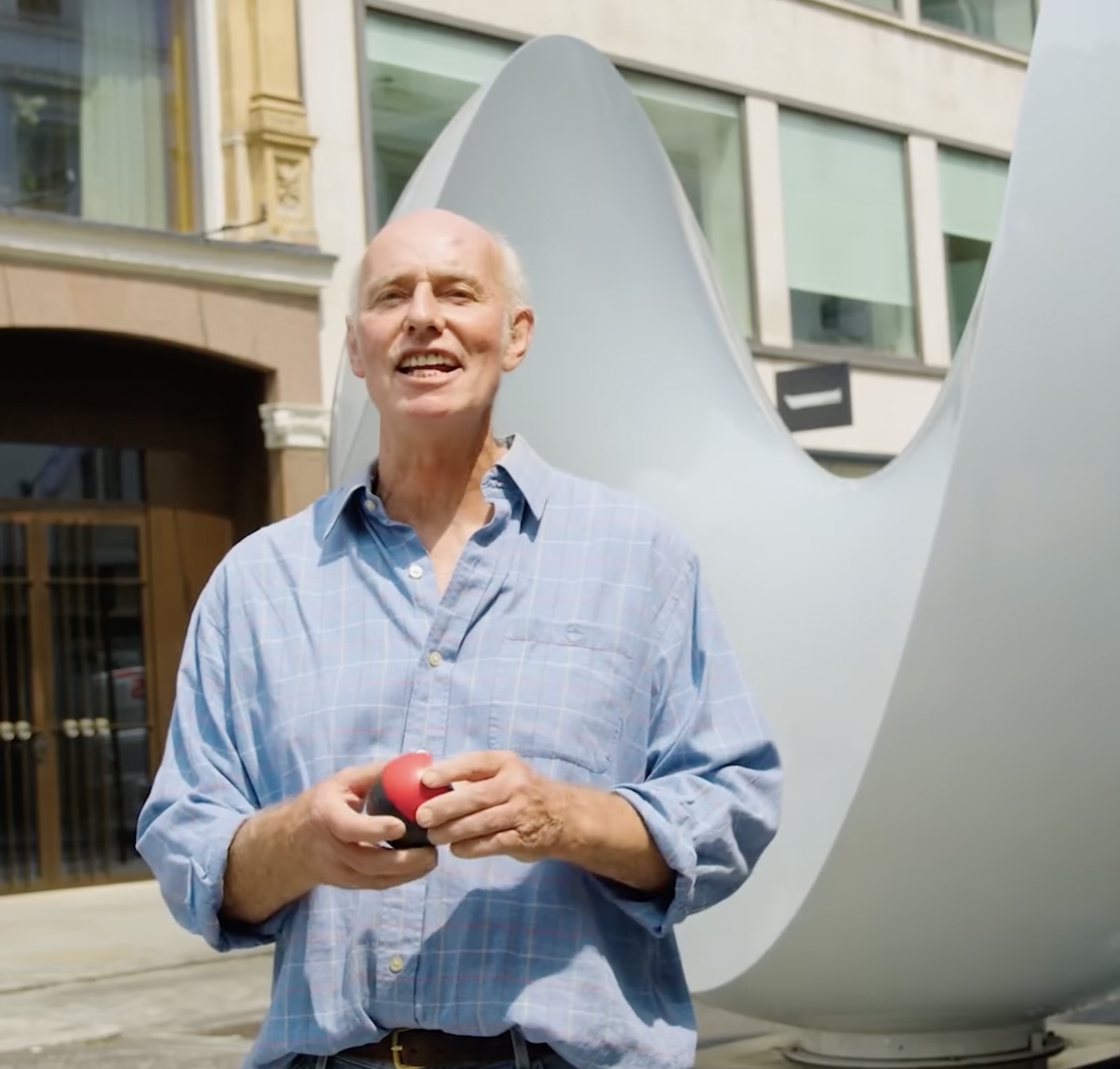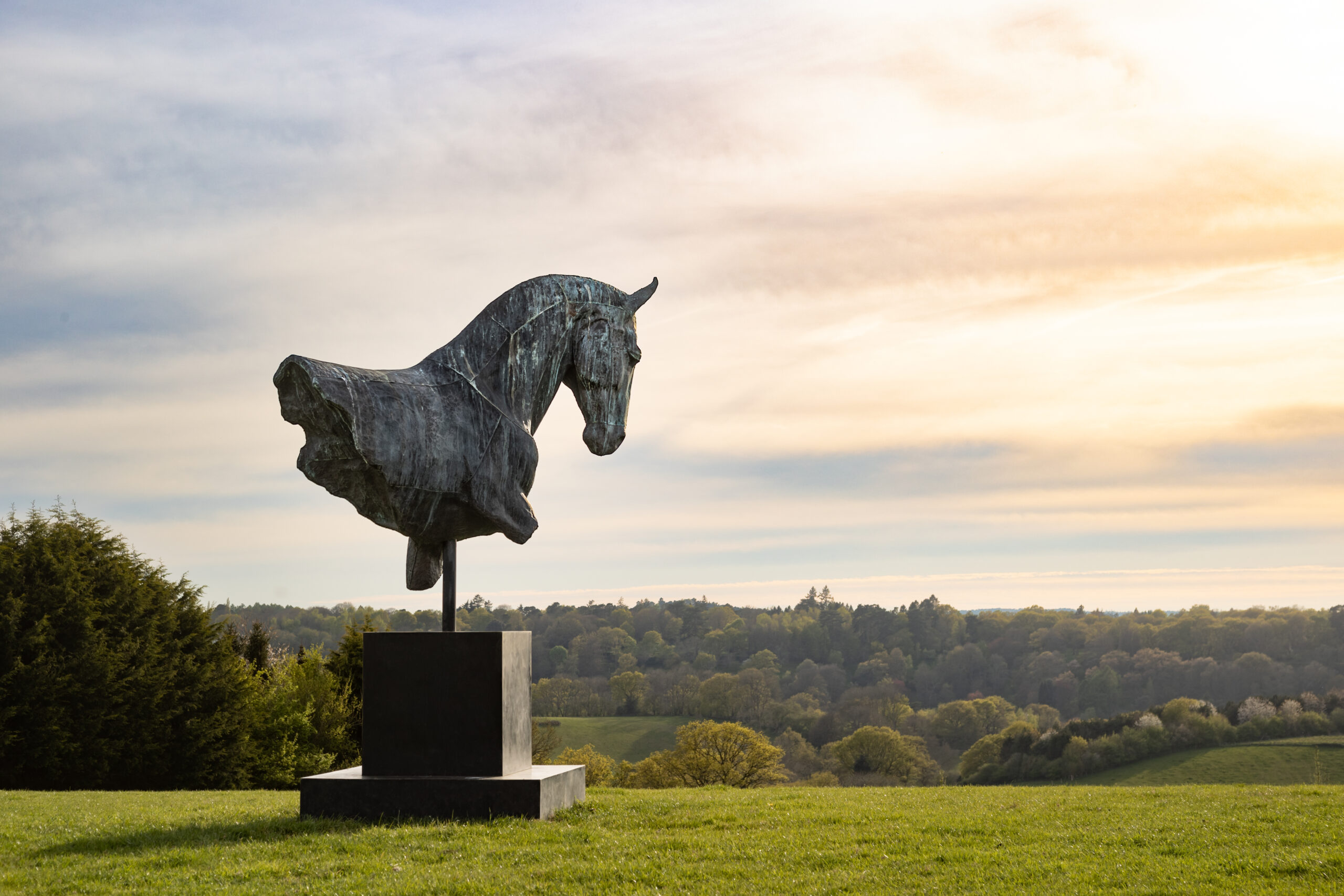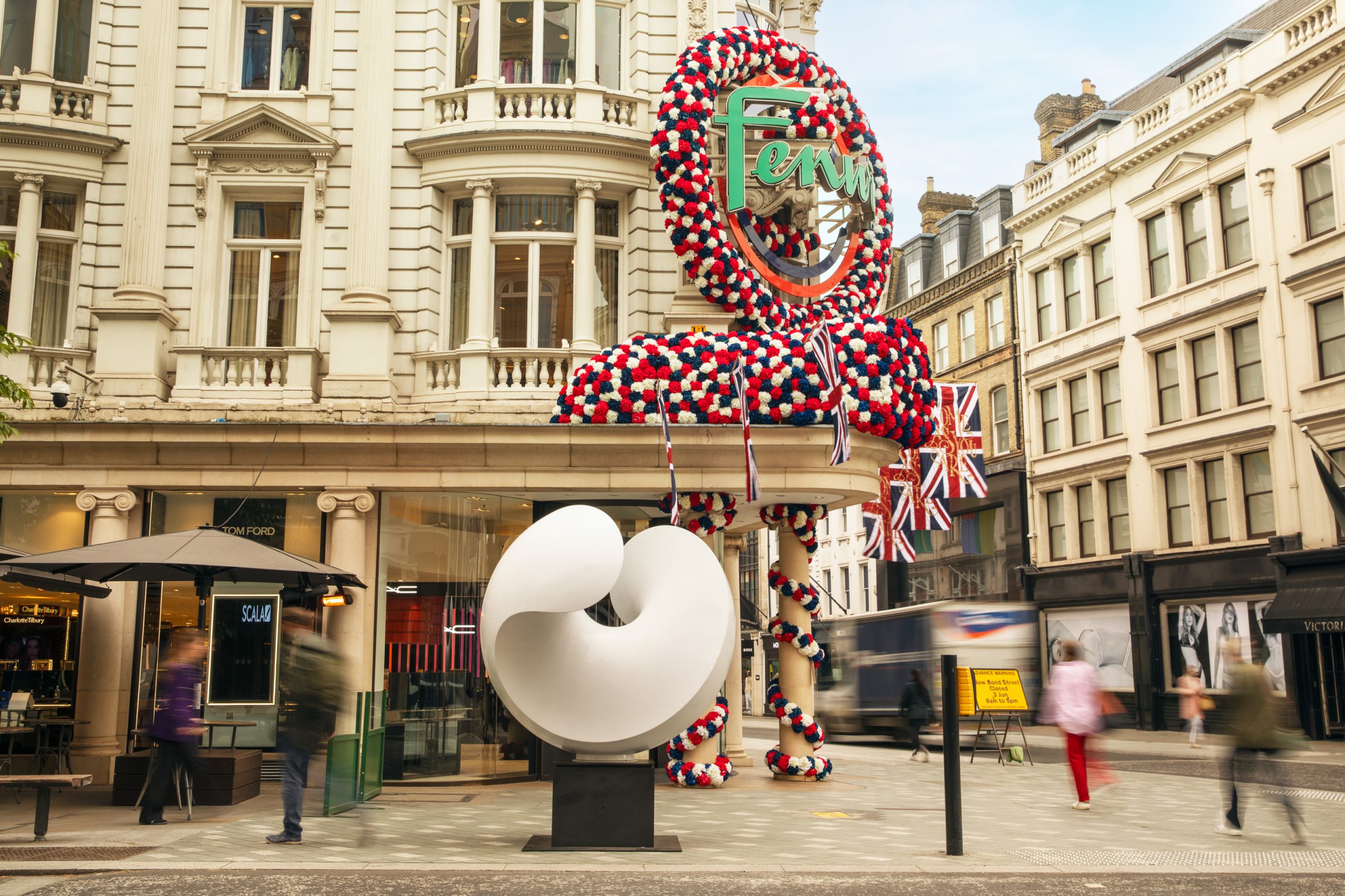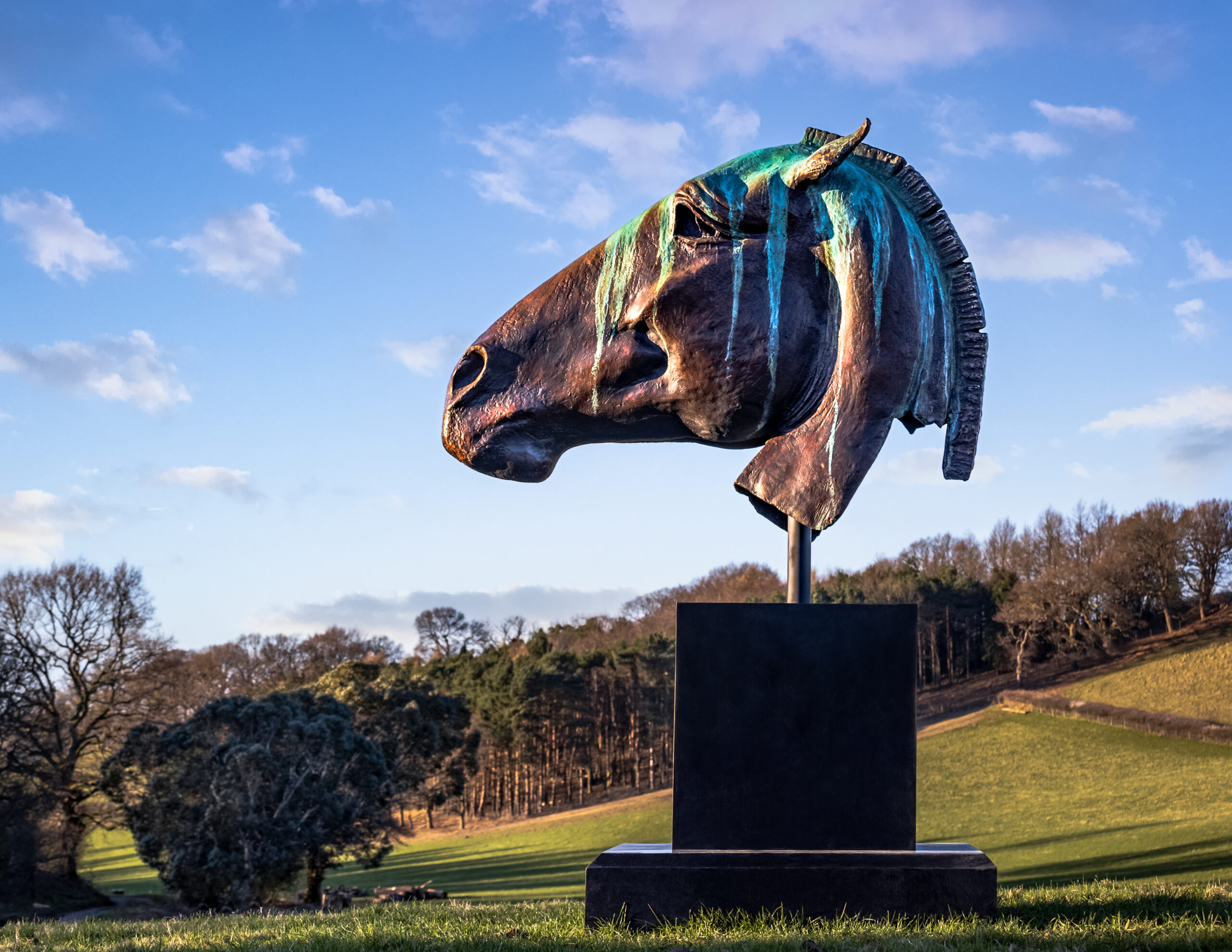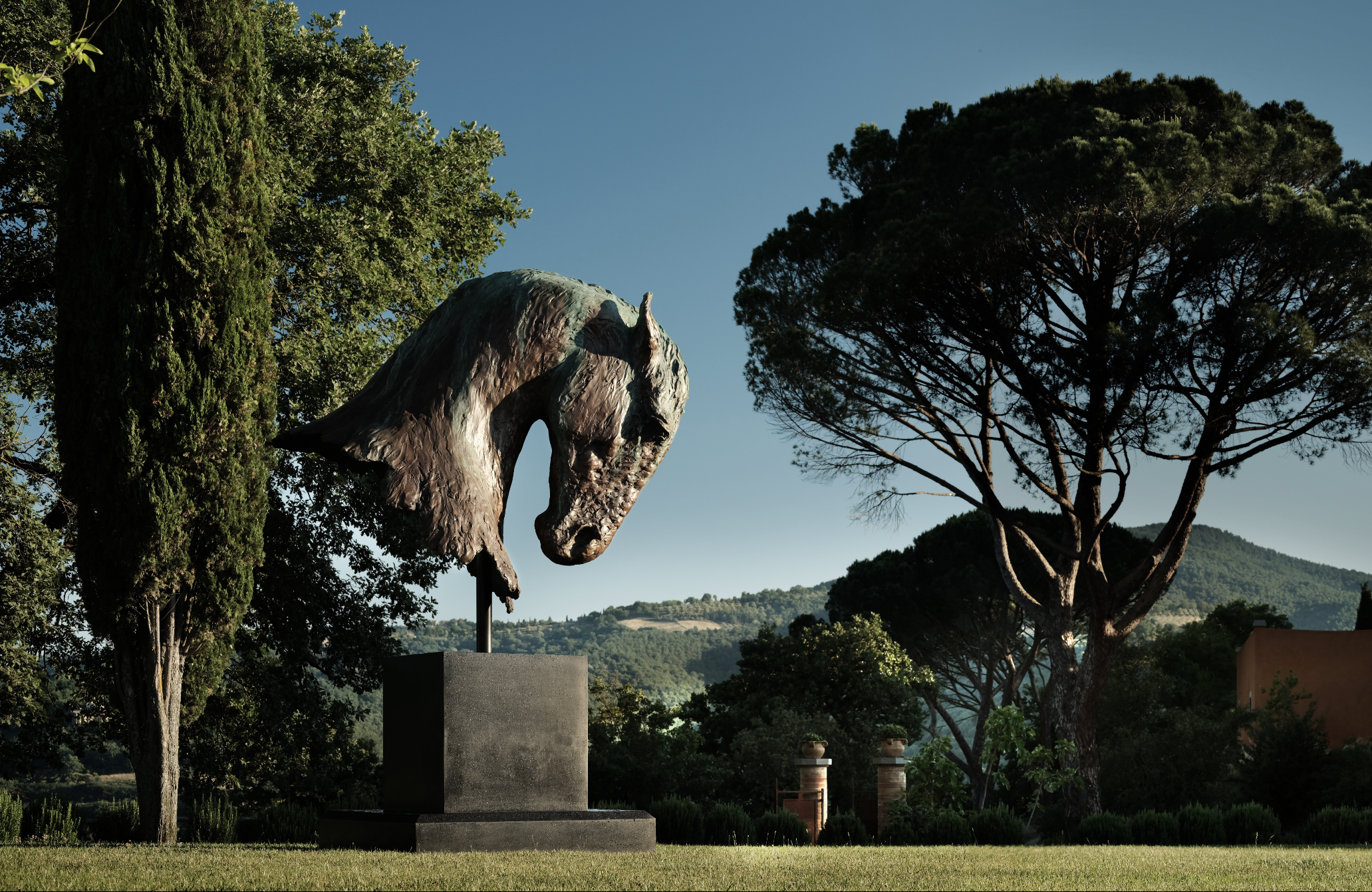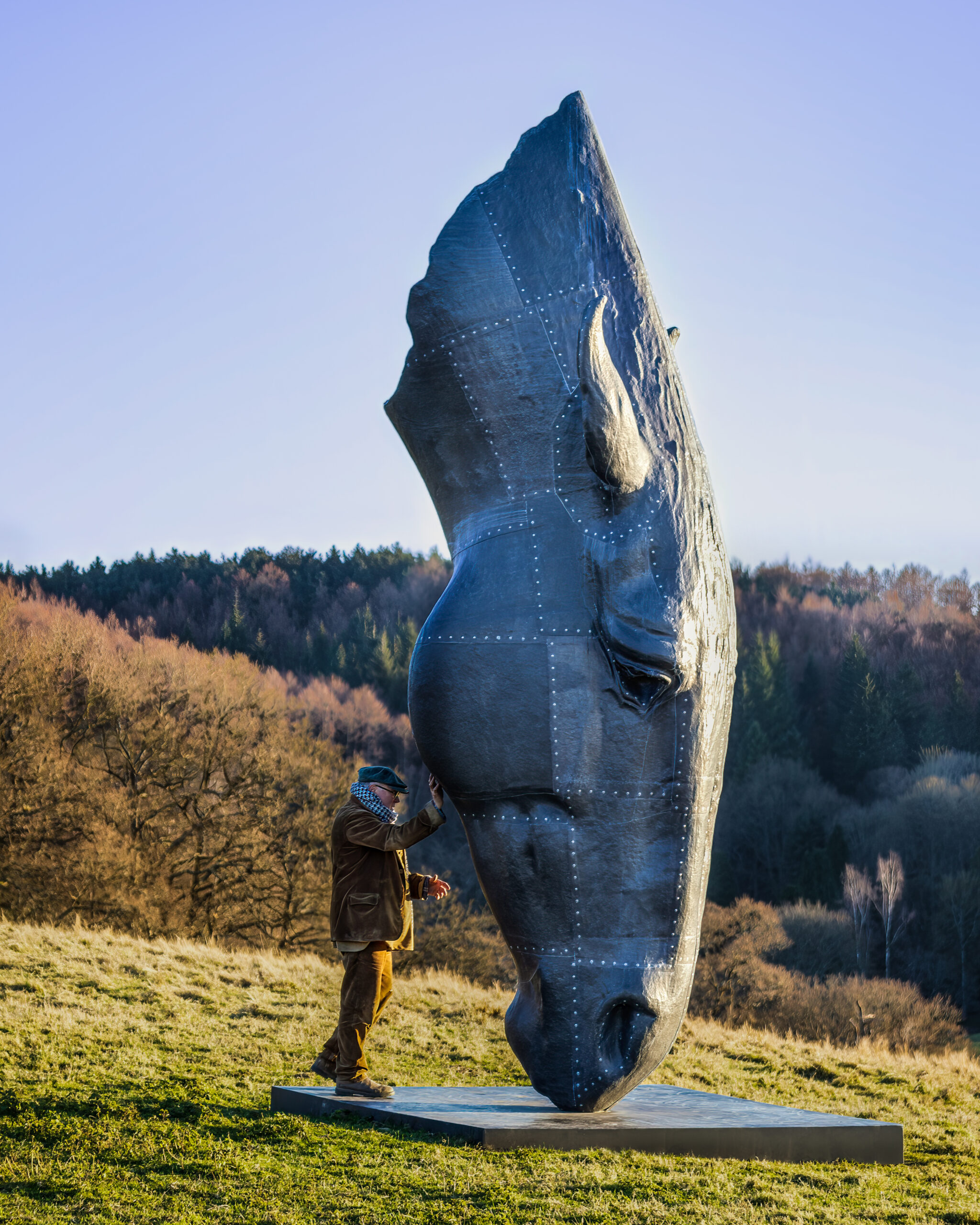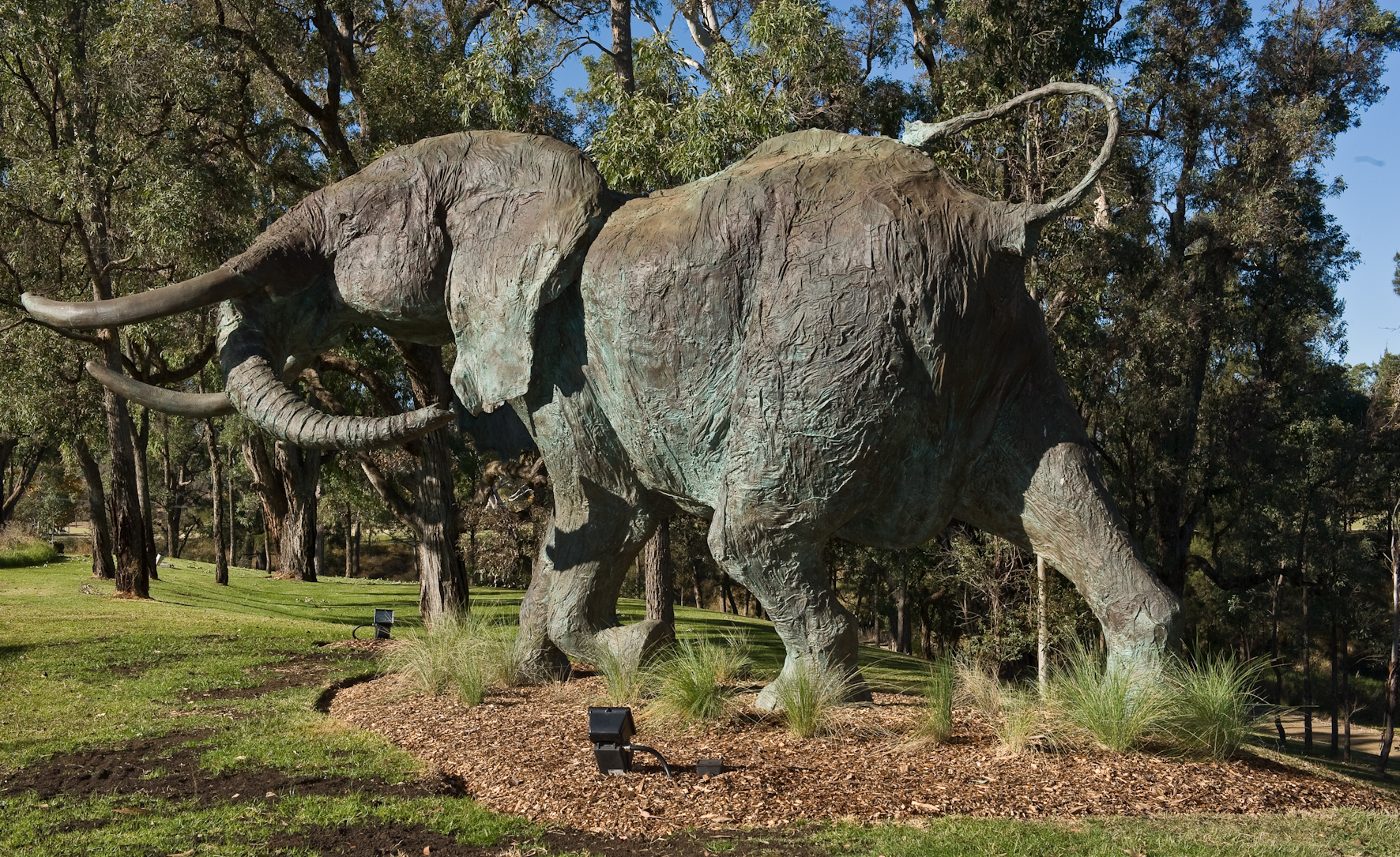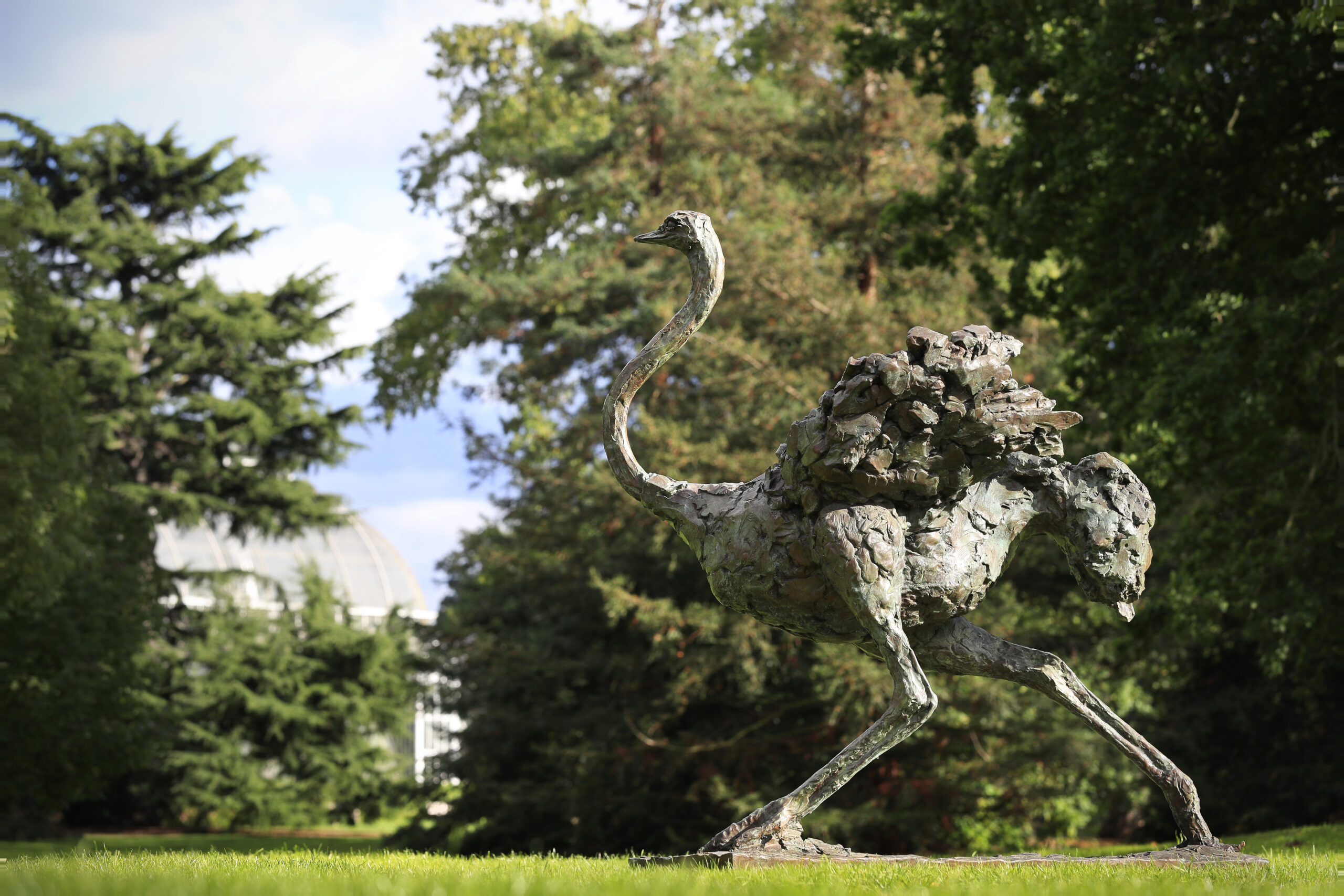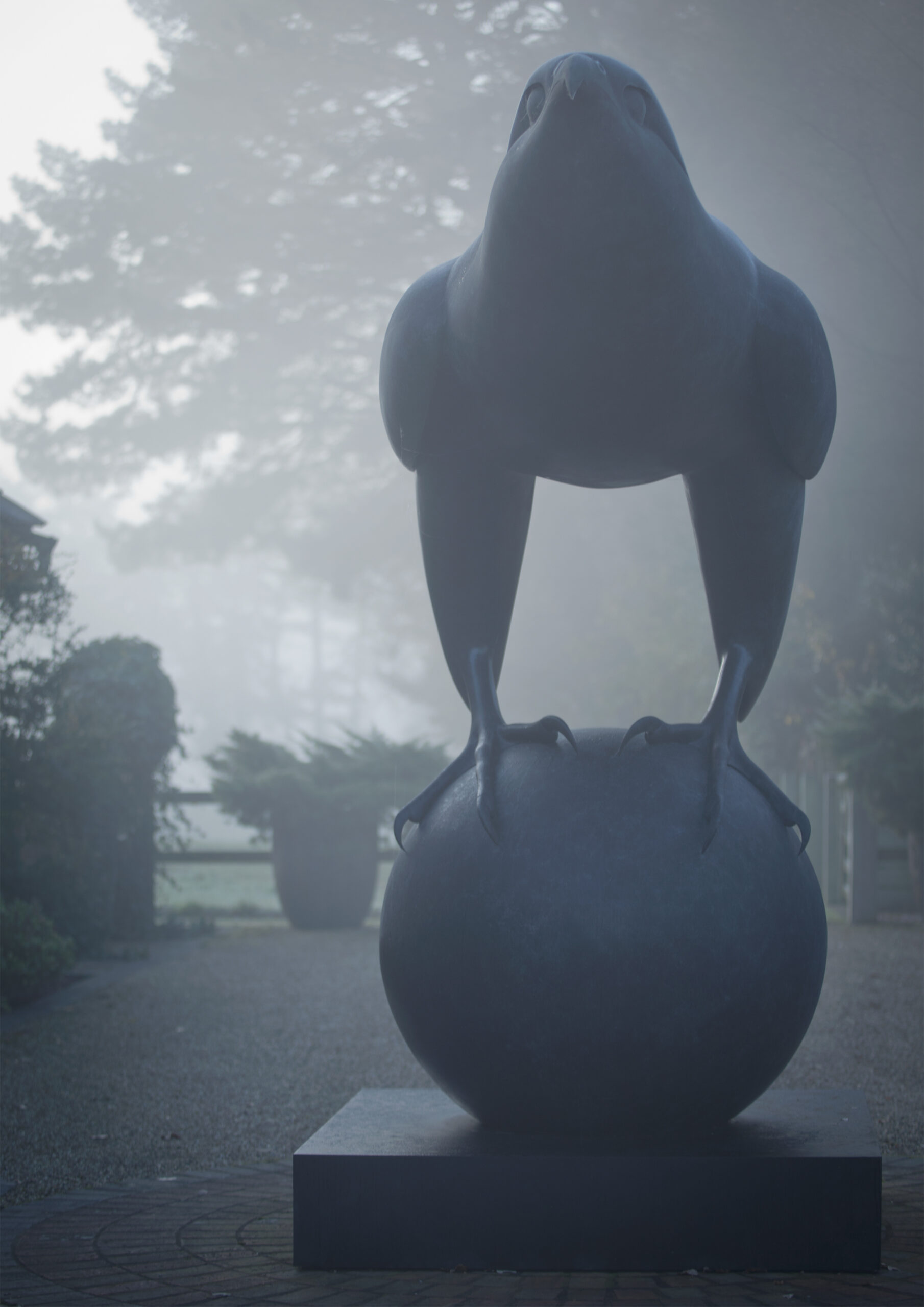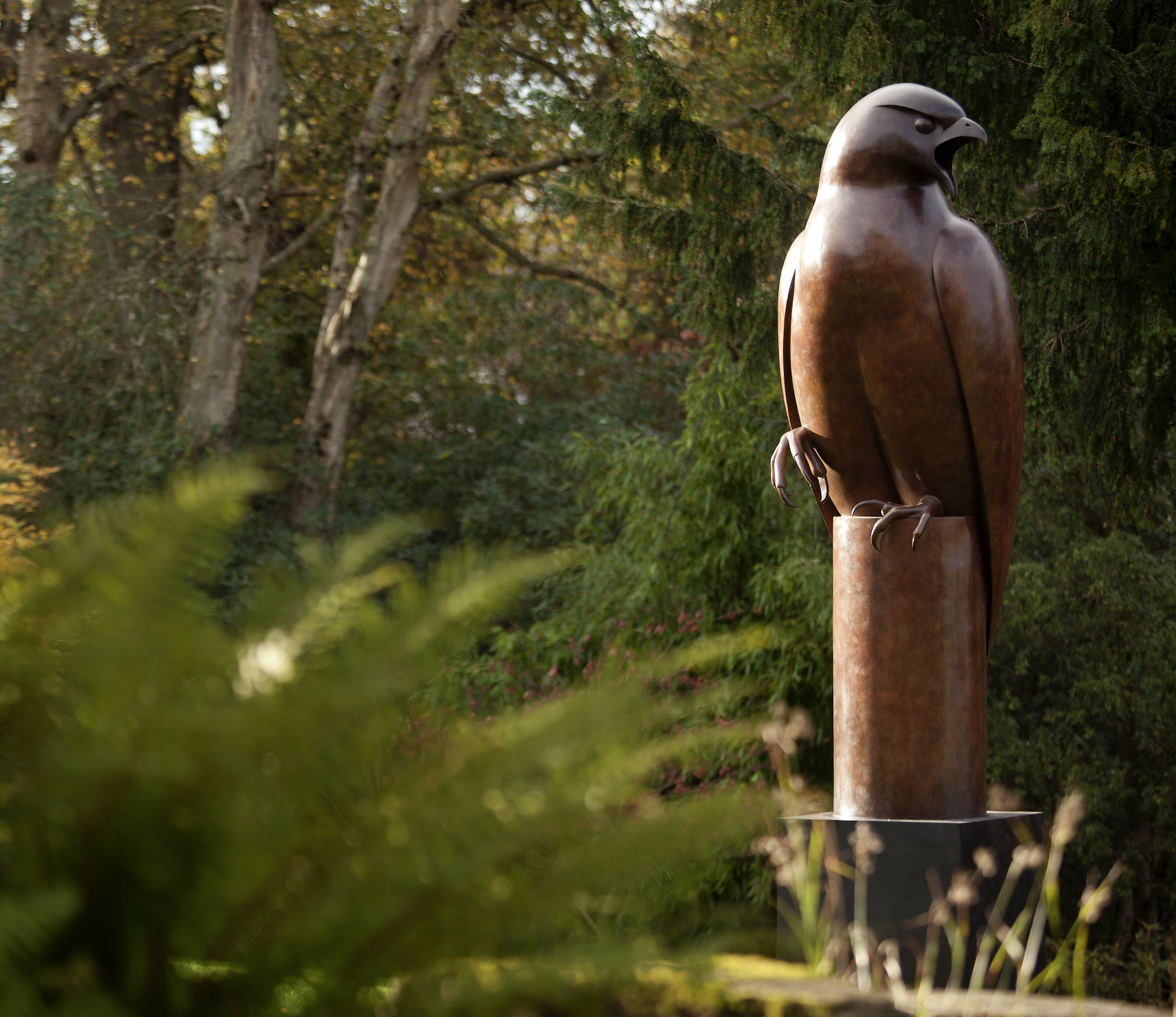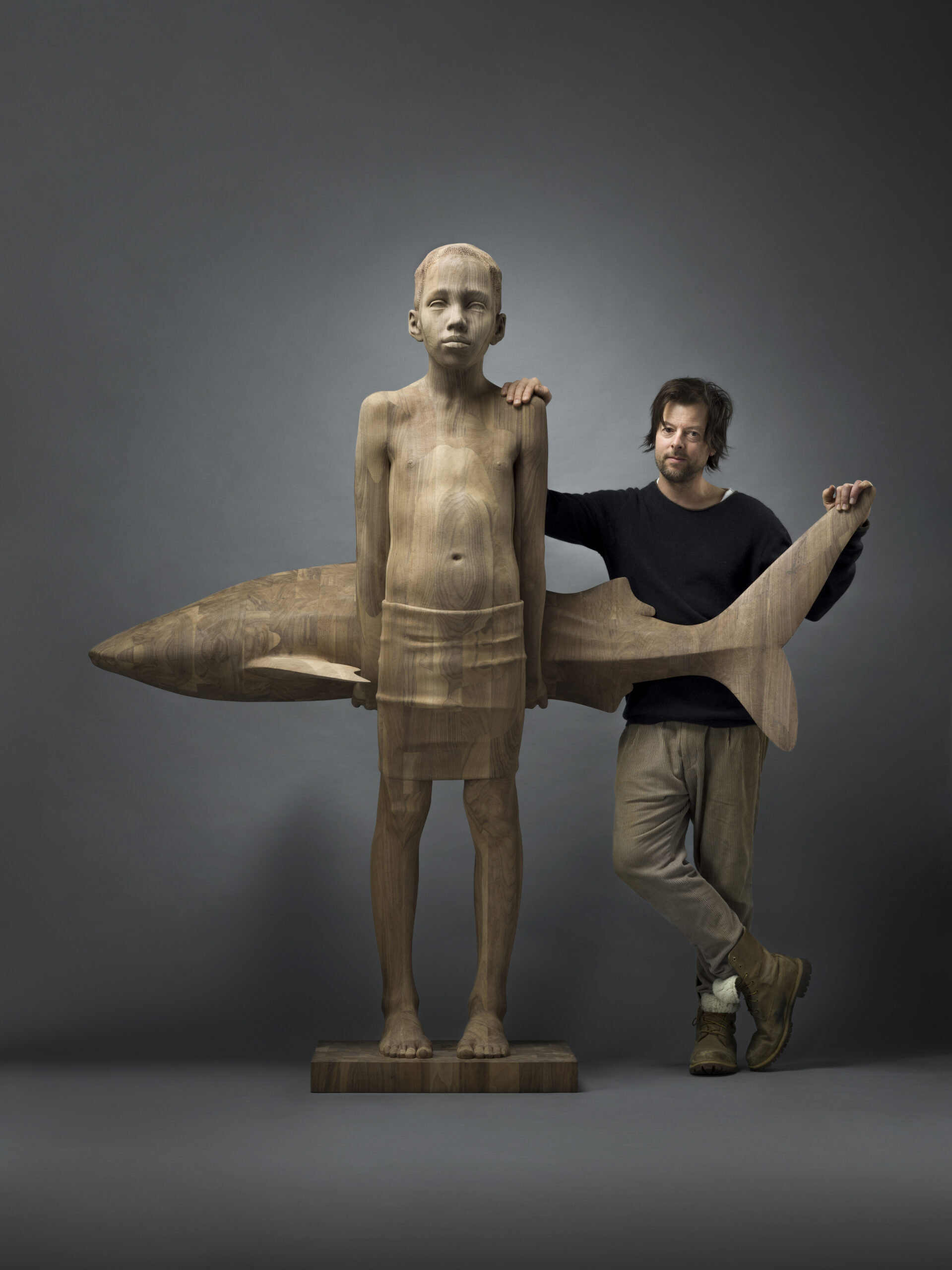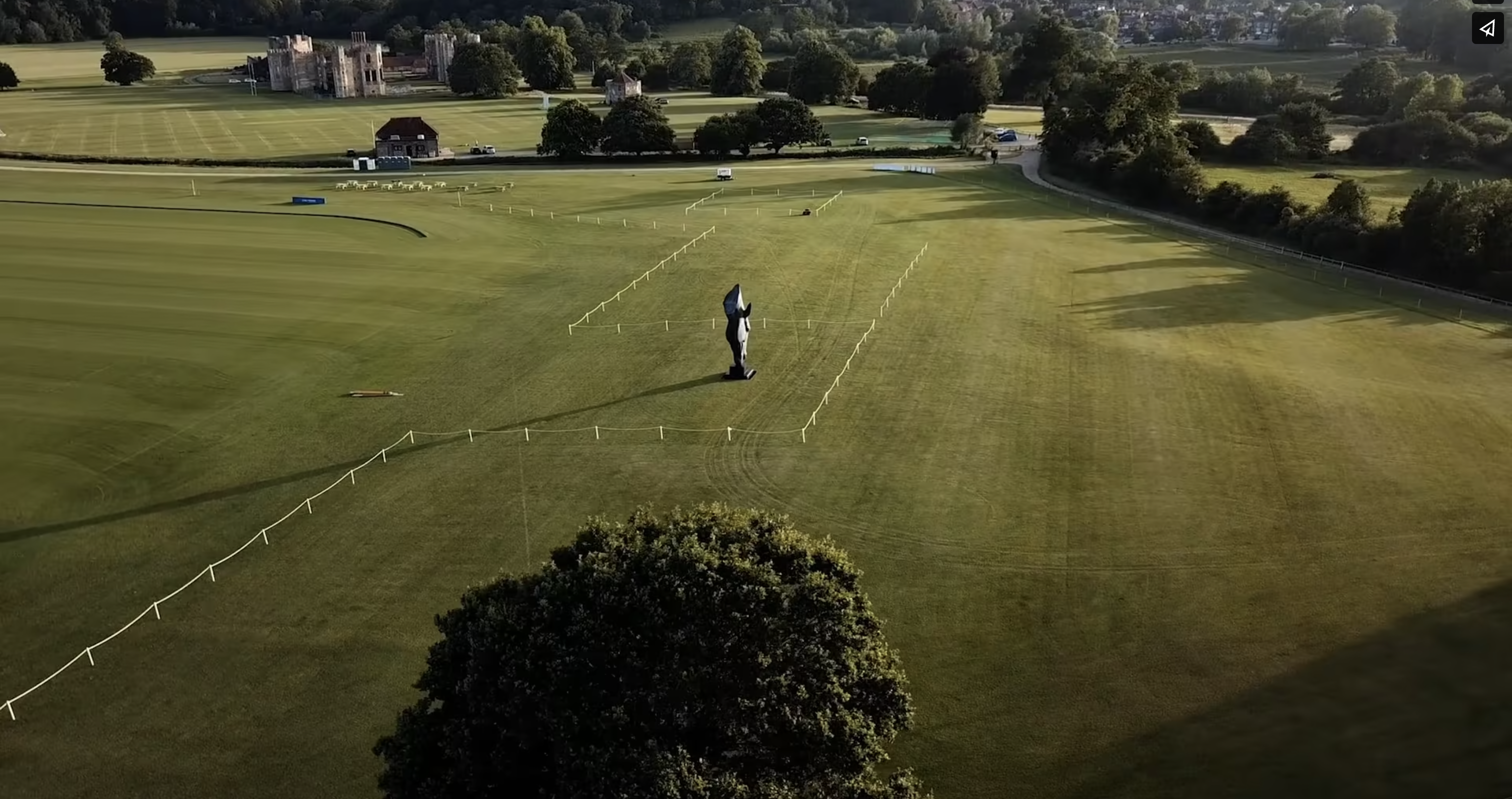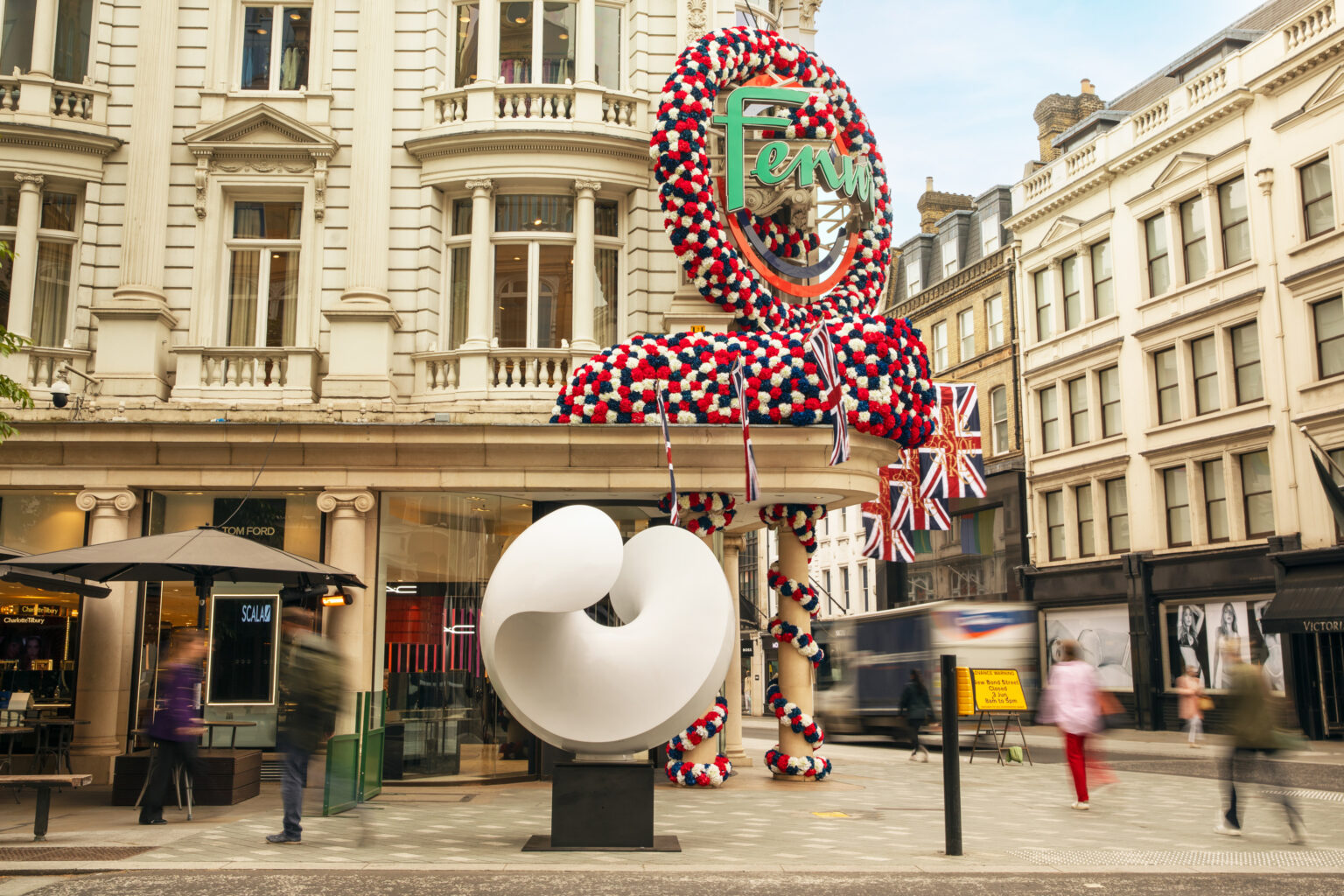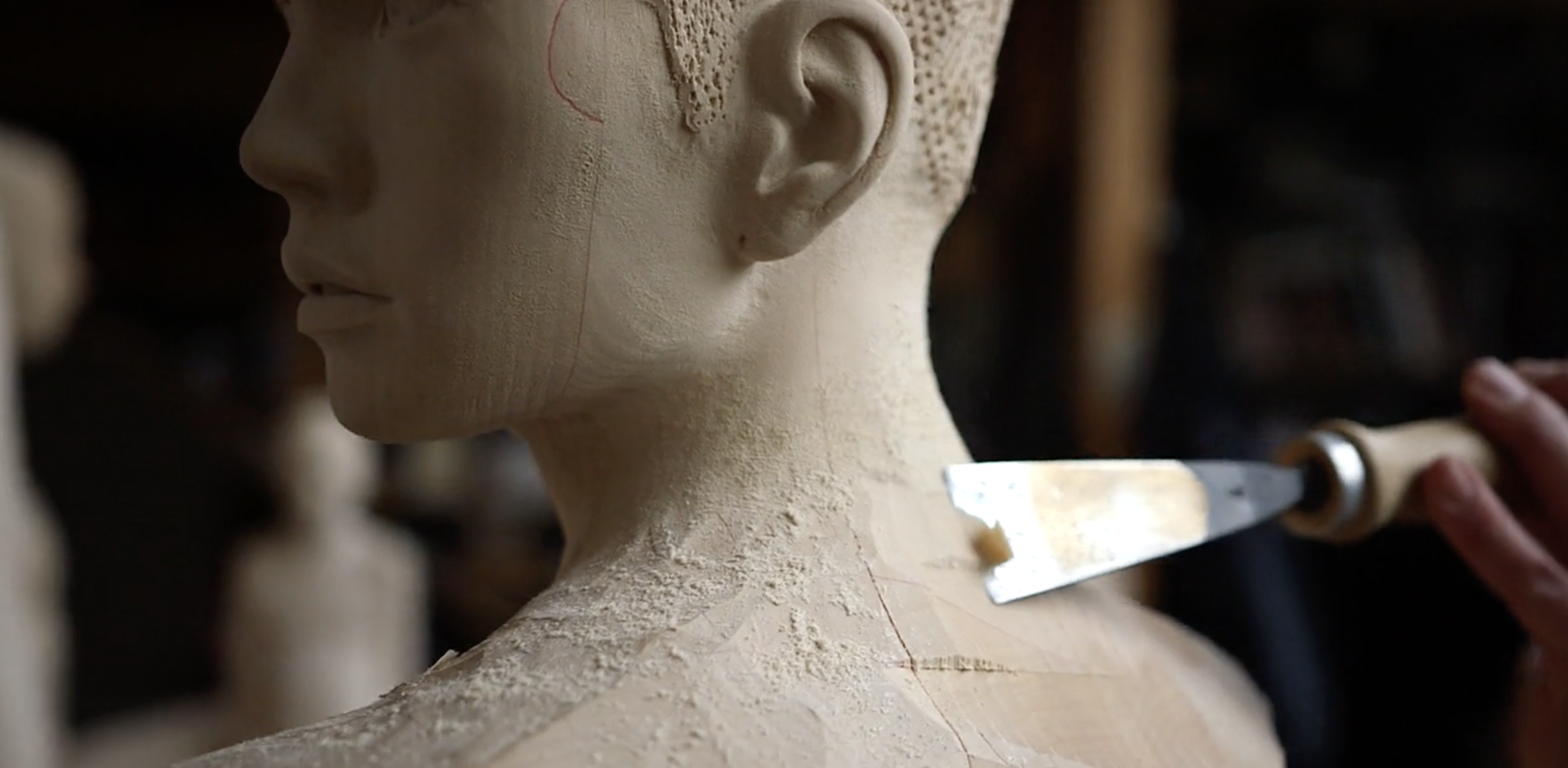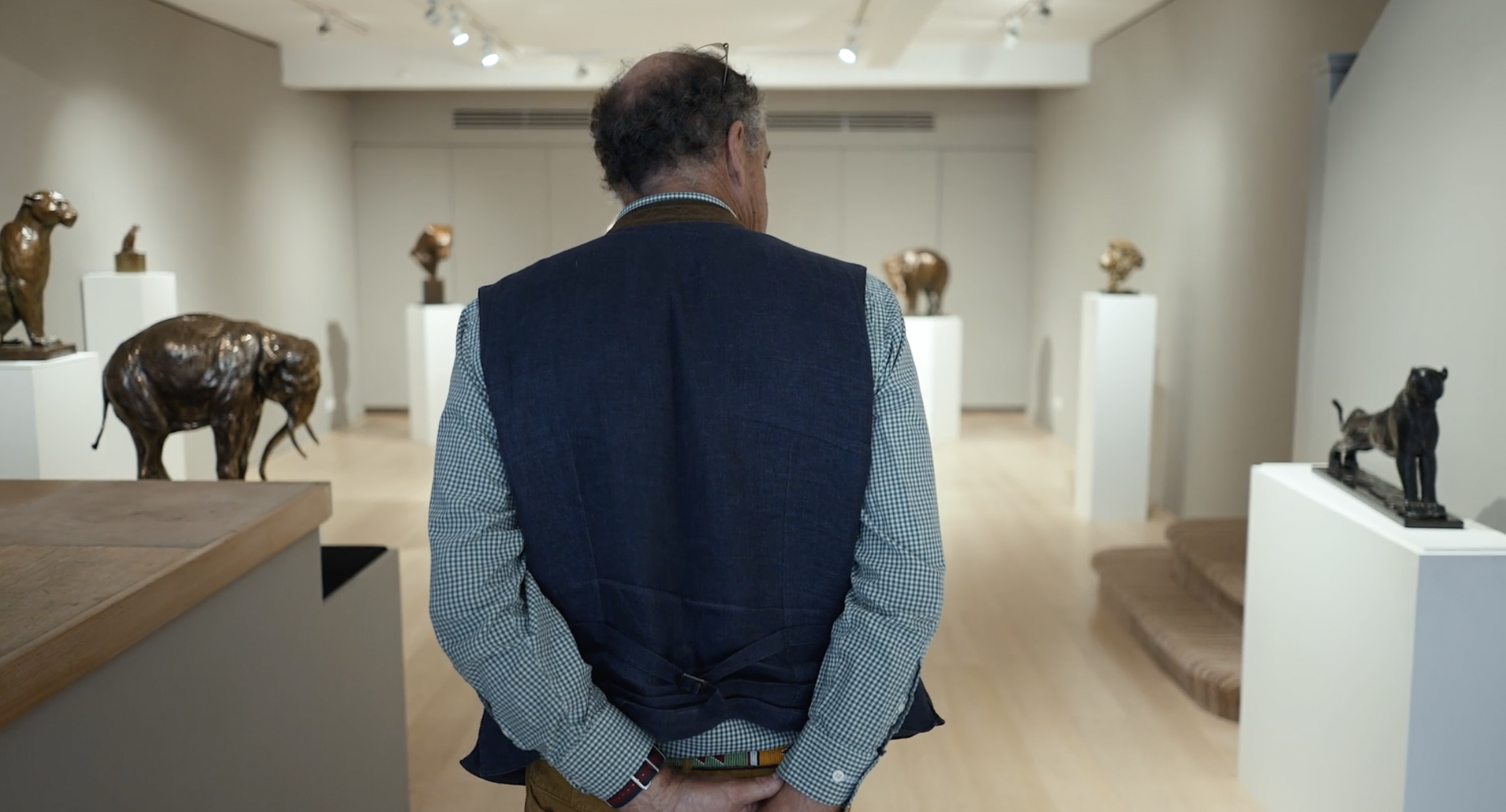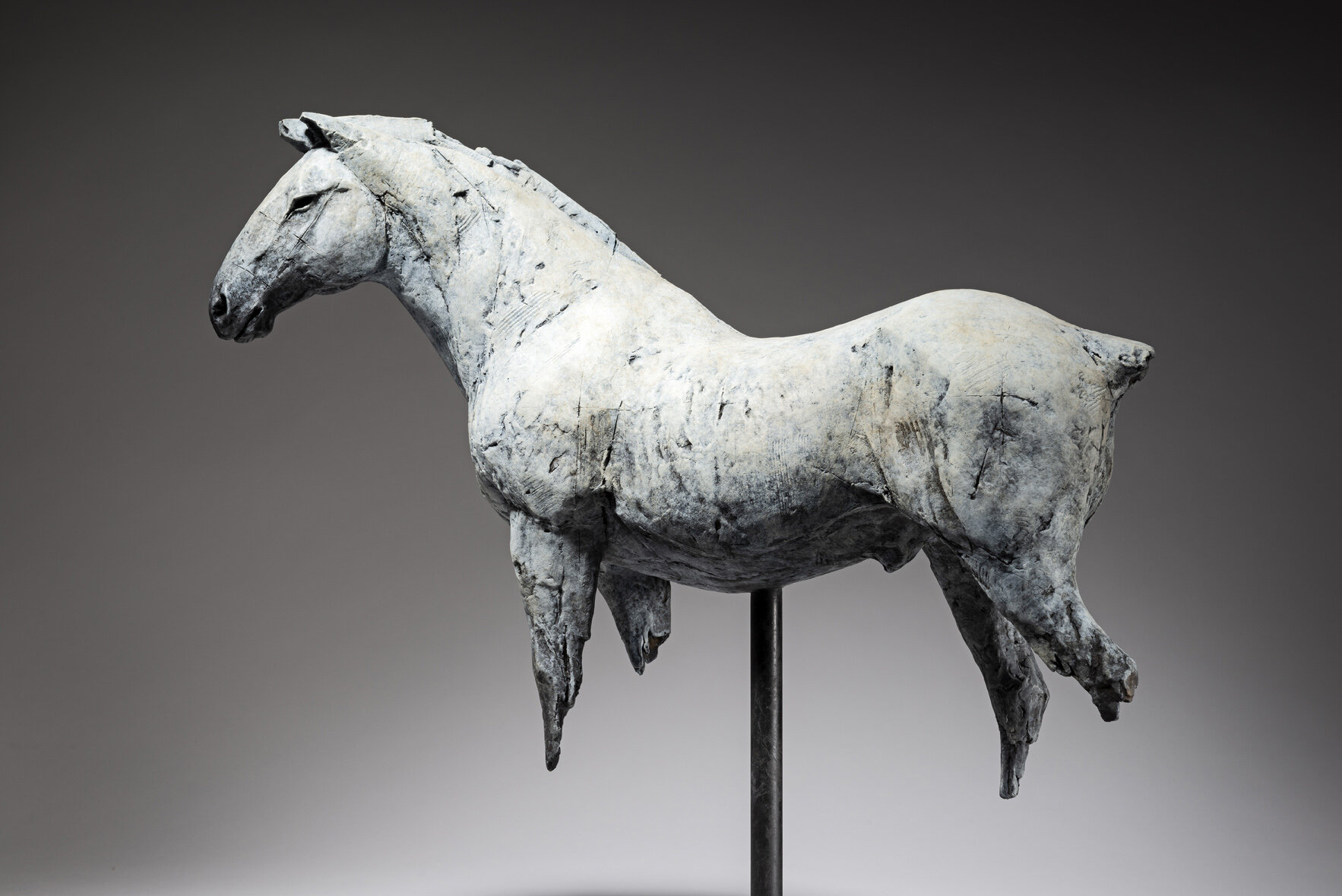Monumental Sculpture
Sladmore has long been associated with the placing of sculpture in an outside setting, visible on horizons and in architectural spaces around the world. In this selection you will find works which epitomise each artist, showcasing both their style and their passion for the aspect of the human or creature which has called to them.
Each work is created in harmony, deploying the skills of expert founders and patinators to create a finished work which melds seamlessly into their backdrop but also provides a focus for the eye. From the impressionistic power of Coreth, to the figurative stillness and timeless modernity of Dilitz, to the unique angular planes of structures in motion of Dickens, to the distilled avian sculptural forms of Dashwood, and the internationally acclaimed equine reflections of Nic Fiddian Green, we hope this curated collection offers inspiration for the design of your own favoured space.
The pieces depicted here are examples from our artists’ wide range of monumental works. Please contact the gallery for further details about them, or about any of the artists featured on Sladmore’s website.
Email contact@sladmore.com
Phone on +44 (0)20 7629 1144.
Visit our website sladmore.com
Follow us on Instagram @sladmorecontemporary and @sladmoregallery

